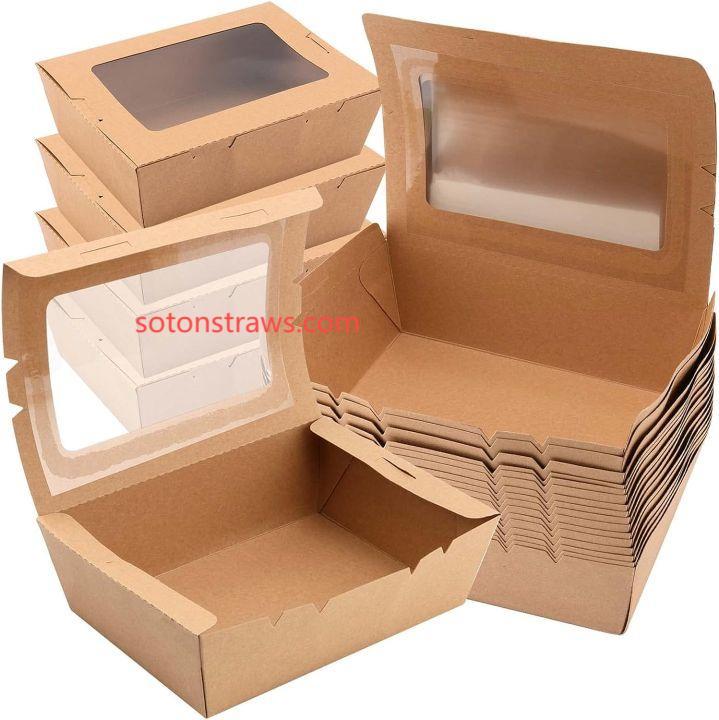As 43% of world universities commit to carbon neutrality by 2030, disposable kraft box systems have become strategic weapons in institutional climate wars. ETH Zürich’s material science department recently developed cellulose nano-fiber reinforced boxes capable of withstanding -40°C freezer storage and 100°C broth immersion—critical for preserving laboratory-grown cultured meat during campus trials .
Geocultural adaptations showcase remarkable versatility. National University of Singapore engineers created typhoon-resilient kraft containers using durian husk composites, diverting 12 tons monthly of the pungent fruit waste from landfills . Meanwhile, Cairo University’s desert agriculture program utilizes sand-coated kraft packaging that biodegrades into date palm fertilizer within Arabian desert ecosystems .
Economic transformations emerge unexpectedly. Harvard’s economics department tracked how campus kraft box adoption created 1,200 seasonal jobs in Maine’s pulp industry while reducing university waste management costs by $380,000 annually . Each container represents economic multiplicities, notes an anonymized sustainability officer, whose Taiwan campus uses kraft box RFID tags to calculate real-time carbon credits for business students’ capstone projects.
Cultural preservation initiatives redefine waste streams. Kyoto’s craft breweries collaborate with university archives to print disappearing Edo-period textile patterns on kraft beer carriers—a project preserving 78 endangered designs while boosting alumni donation rates by 29% through nostalgic engagement .
click sotonstraws.com to reading more information

